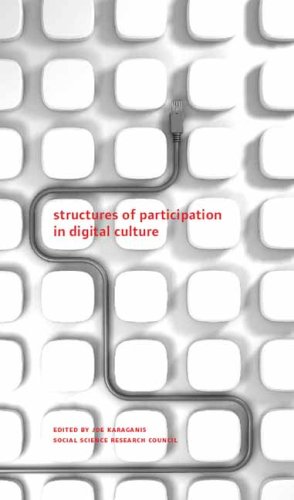

Most ebook files are in PDF format, so you can easily read them using various software such as Foxit Reader or directly on the Google Chrome browser.
Some ebook files are released by publishers in other formats such as .awz, .mobi, .epub, .fb2, etc. You may need to install specific software to read these formats on mobile/PC, such as Calibre.
Please read the tutorial at this link: https://ebookbell.com/faq
We offer FREE conversion to the popular formats you request; however, this may take some time. Therefore, right after payment, please email us, and we will try to provide the service as quickly as possible.
For some exceptional file formats or broken links (if any), please refrain from opening any disputes. Instead, email us first, and we will try to assist within a maximum of 6 hours.
EbookBell Team

4.4
102 reviewsDigital technologies are engines of cultural innovation, from the virtualization of group networks and social identities to the digital convergence of textural and audio-visual media. User-centered content production, from Wikipedia and YouTube to Open Source, has become the emblem of this transformation, but the changes run deeper and wider than these novel organizational forms.
Digital culture is also about the transformation of what it means to be a creator within a vast and growing reservoir of media, data, computational power, and communicative possibilities. We have few tools and models for understanding the power of databases, network representations, filtering techniques, digital rights management, and other new architectures of agency and control. We have even fewer accounts of how these new capacities have transformed our shared cultures and our understanding of and capacities to act within them. This volume addresses these issues and supplies the demand for a comprehensive critical framework that places these developments in context.